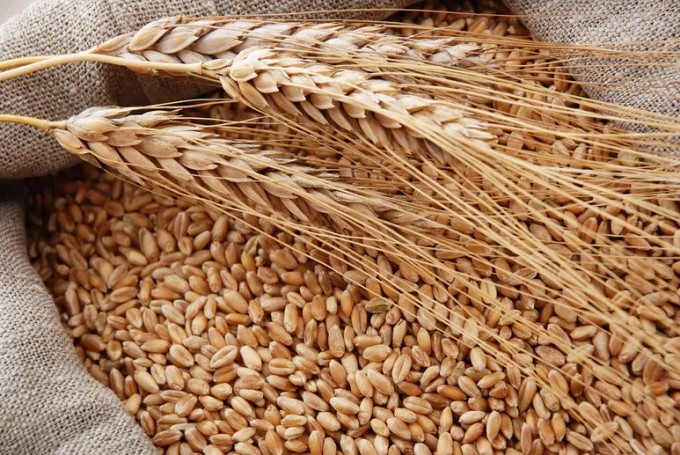
According to the Ministry of Agriculture, this year 40% of the wheat received at elevators is classified as non-grade. The reason for such a low quality of the harvest was prolonged rains during the harvesting period, so farmers repeatedly asked for help with the sale of substandard grain. This task was undertaken by the Food Corporation. This was reported at the Chamber of Entrepreneurs of the Kostanay region, where a meeting of agribusiness with the leadership of the Food Corporation and the Ministry of Agriculture was held.
As the chairman of the board of the Food Corporation Asylkhan Dzhuvashev said, there is unclassified grain on the market, which in terms of gluten, nature and other indicators corresponds to class 3, but has a low falling number: the Food Corporation will buy it. However, it is necessary to ensure the issue of safety, because the main problem of sprouted grain is the likelihood of toxins developing in it, which makes it unsuitable for livestock farming.
“There are sprouted and contaminated grains. And poultry farmers, livestock farmers and our foreign partners are afraid to take it. We are now considering testing for mycotoxins,” he said.
In total, the Food Corporation plans to directly purchase wheat on the market in the amount of 350 thousand tons at prices: 105 thousand tenge for class 4 wheat, 90 thousand tenge for class 5 wheat, 70 thousand tenge for non-class wheat.
“I consider the volume of 350 thousand tons to be quite large. In addition to financial support, we are now providing farmers with non-financial measures and are looking for buyers. We turned to our traditional partners such as Iran, Tajikistan, China, Afghanistan and Uzbekistan. But they set very high demands for non-class grain,” emphasized Asylkhan Dzhuvashev.
The Chairman of the Food Corporation added that together with the Ministry of Agriculture we need to start solving systemic issues now. One option is to create a fund where farmers would donate grain in good years, and in difficult years it would provide support.
“We need systemic measures. The state will not be able to purchase grain in large quantities every year. It will help, but on the other hand we will provide assistance in finding buyers of substandard grain. Take on some kind of guarantee obligations,” said the head of the Food Corporation.